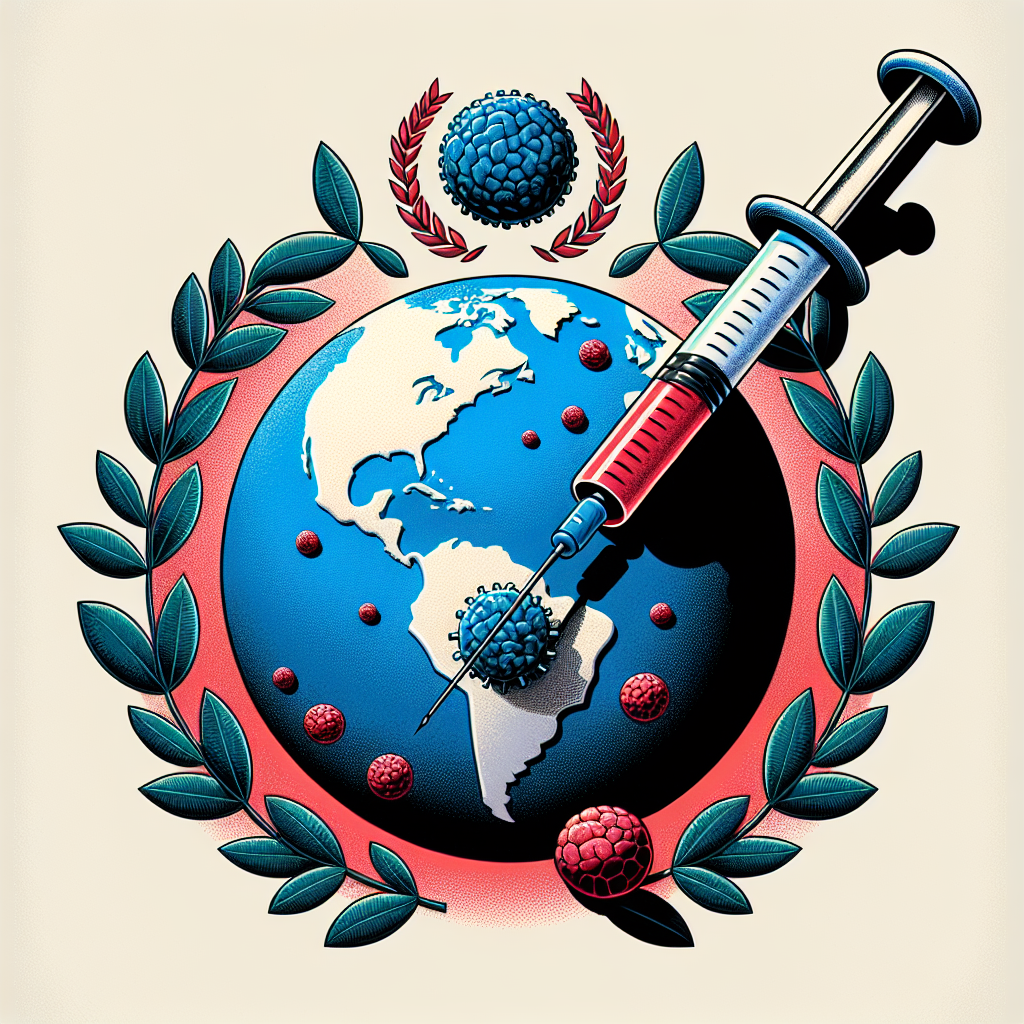mRNA Vaccines: A Potential Boost for Cancer Treatment
Preliminary research suggests mRNA COVID-19 vaccines may enhance the effectiveness of cancer treatments, particularly for patients with advanced lung or skin cancer. The study, published in Nature, found that patients receiving Pfizer or Moderna vaccines alongside immunotherapy drugs lived significantly longer, indicating mRNA's potential in cancer therapy.

- Country:
- United States
Recent research has revealed a surprising benefit of COVID-19 vaccines for certain cancer patients. According to early findings published in the journal Nature, vaccines from Pfizer and Moderna may boost the effectiveness of immunotherapy drugs used to treat advanced lung and skin cancer.
The study showed that patients receiving these mRNA vaccines within 100 days of beginning treatment lived significantly longer than those who did not. Researchers from MD Anderson Cancer Centre and the University of Florida found that the mRNA molecule in the vaccines helps improve the immune system's response to cancer therapy.
This breakthrough has prompted scientists to contemplate pairing mRNA vaccines with checkpoint inhibitors, a class of cancer drugs. While further studies are needed, this development offers hope that mRNA technology could benefit cancer therapy, offering a new avenue for research.
ALSO READ
-
Explainable AI model achieves breakthrough accuracy in ovarian cancer detection
-
Breakthrough Cancer Drugs Extend Survival in Key Trials
-
COVID-19 mRNA Vaccines: A New Hope in Cancer Treatment
-
Bridging the Gap: Addressing Global Disparities in Women's Cancer Diagnoses
-
Integrative Medicine Revolutionizes Cancer Care at IASO NATCON 2025









